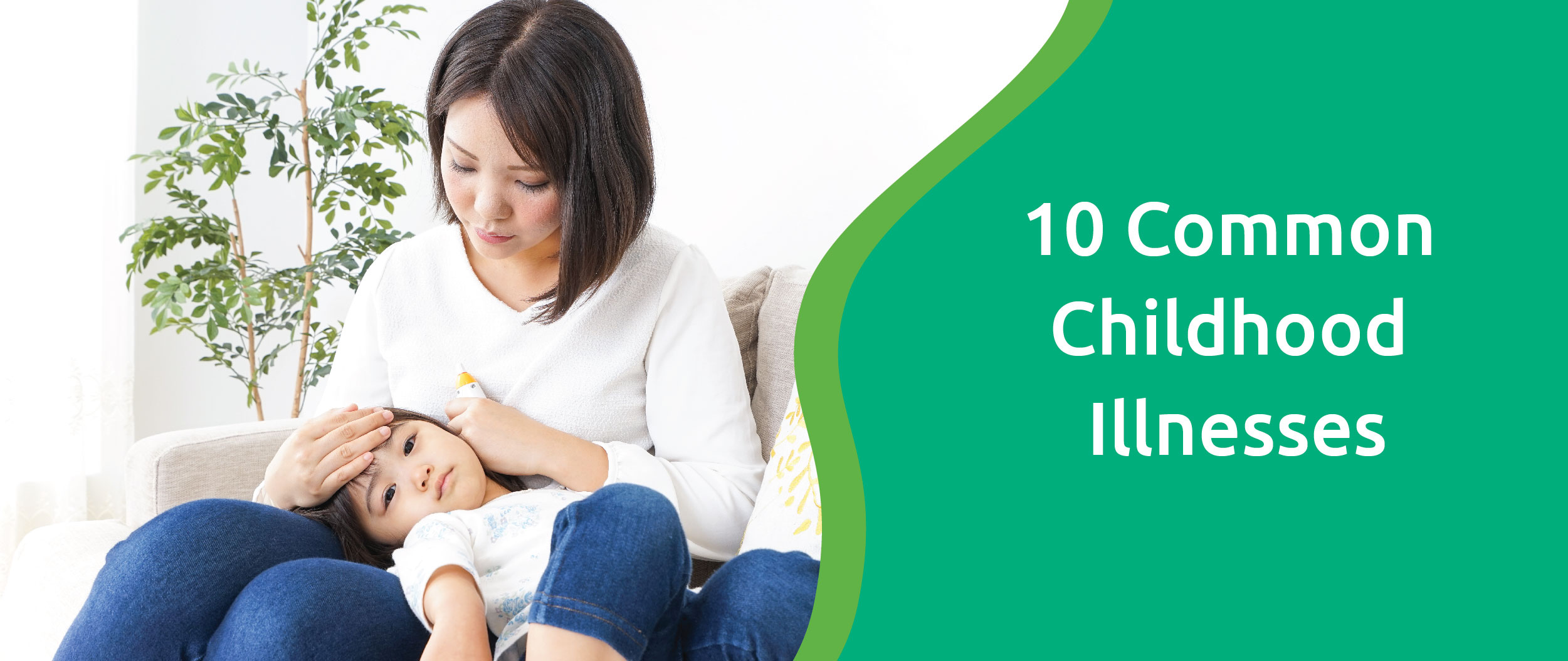If you are a parent, you probably know what it feels like to see your child crying and wailing in pain. No parent wants to see their kid suffering from an illness. However, getting sick is an inevitable part of being human. Luckily, many of these illnesses are not serious and can be managed with a few doctor’s visits and care at home.
It is not possible for a non-doctor to be aware of every disease or illness. What you can do is be aware of the common illnesses that children experience and know what to do in each case. Home care can cure some illnesses, but persistent conditions may require medical intervention. Visit a family nurse practitioner houston today.
Common childhood illnesses
- Respiratory tract infection.
Respiratory tract infection is an umbrella word for various illnesses, such as a sore throat, common cold, and swollen tonsils. These health conditions are caused by bacteria and viruses that attack your child’s respiratory tract. Common symptoms include a congested chest, a runny nose, coughing, and swollen glands. In normal cases, the illness goes away within 7 to 10 days by using home remedies. However, if it lasts longer than that, you should consult a doctor.
- Ear infections.
Ear infections are common among children but painful. The American Academy of Pediatrics reports that children are much more vulnerable to ear infections than adults. It is also caused by viruses and bacteria entering the child’s ear. Besides ear pain, your child may experience fever, difficulty sleeping, irritability, and tugging at an ear. All types of ear pain should receive medical attention.
- Urinary tract infection.
UTIs or urinary tract infections are commonly associated with adults but can also happen with children. Your child’s bladder may become infected when bacteria attack their urinary tract, the pathway from where urine comes out of their body. Your child may experience a burning sensation every time they urinate, even after urination. They may also urinate frequently, wet their bed, feel pain in their abdomen, and have back pain.
- Fainting.
Small children fainting at school is a common scenario, and usually not something serious. It happens due to decreased blood flow to their brains, also called Syncope. The child regains consciousness soon enough. It can occur due to tiredness, emotional stress, exercising or standing in the heat for too long, low blood sugar levels, and low red blood cell counts. Consider medical help if your child’s fainting spells are prolonged or if they experience seizures.
